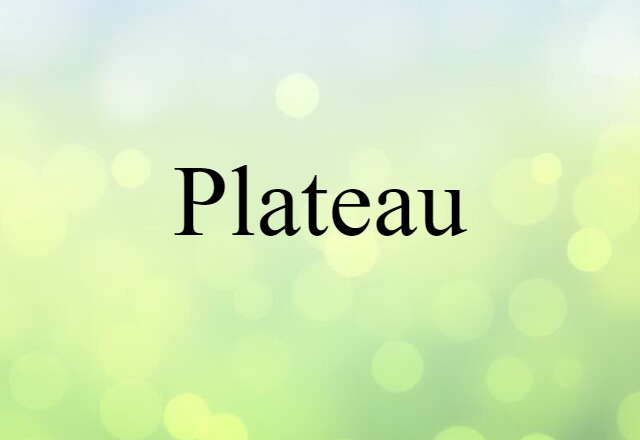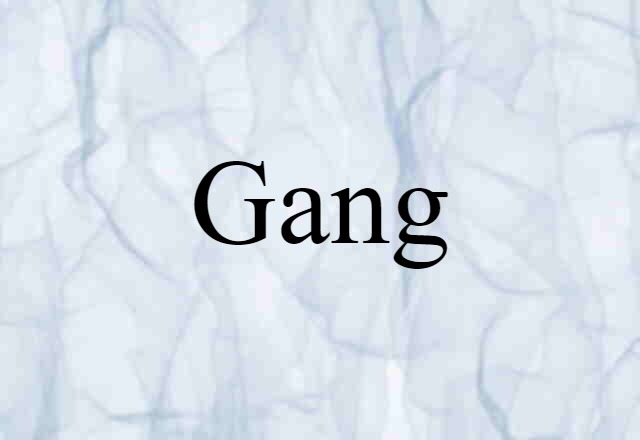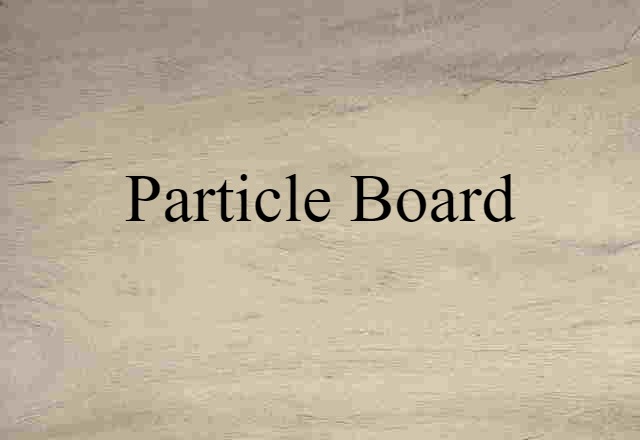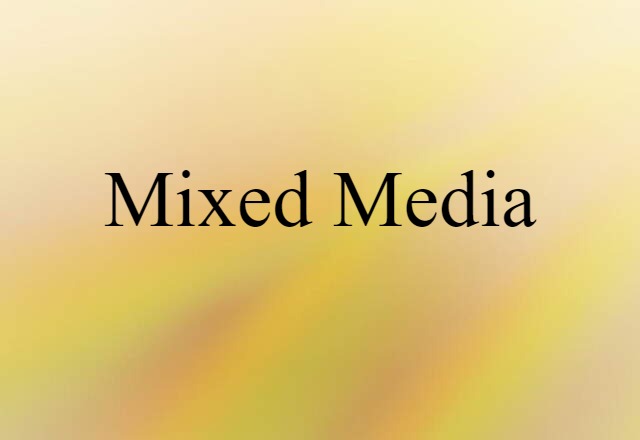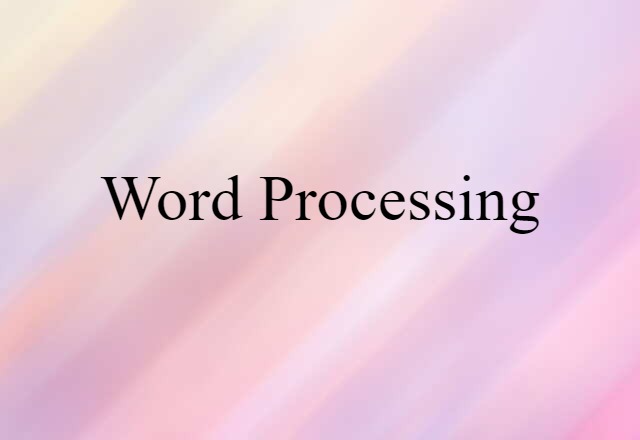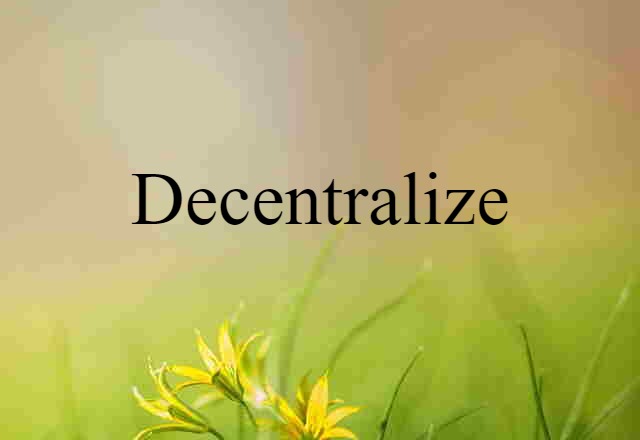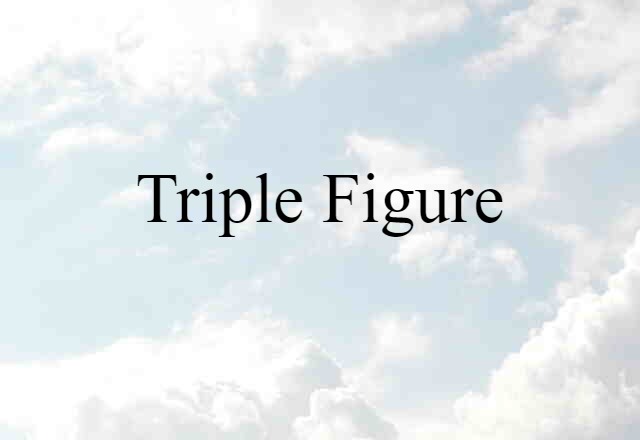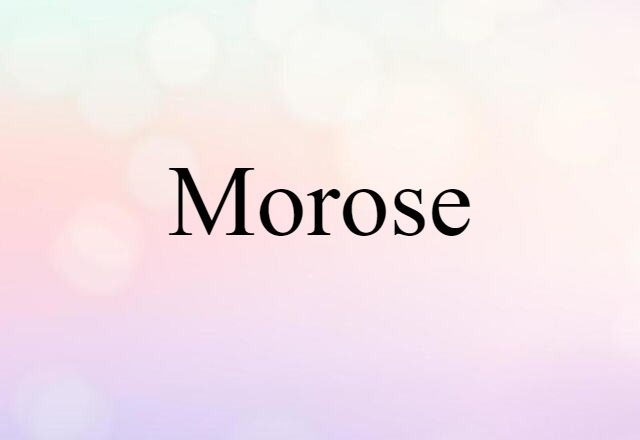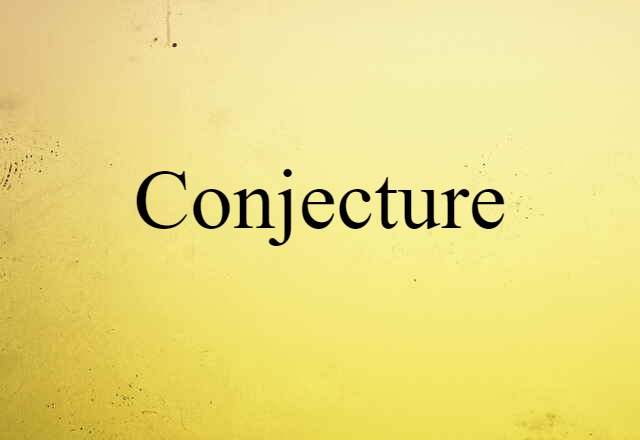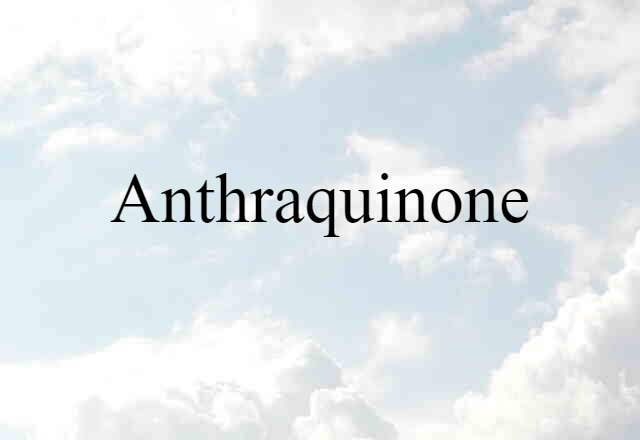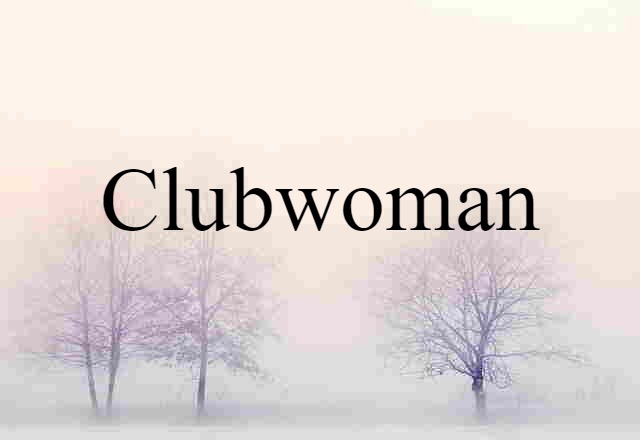- a land area having a relatively level surface considerably raised above adjoining land on at least one side, and often cut by deep canyons.
- a period or state of little or no growth or decline: to reach a plateau in one's career.
- a period of little or no apparent progress in an individual's learning, marked by an inability to increase speed, reduce number of errors, etc., and indicated by a horizontal stretch in a learning curve or graph.
- a flat stand, as for a centerpiece, sometimes extending the full length of a table.
- to reach a state or level of little or no growth or decline, especially to stop increasing or progressing; remain at a stable level of achievement; level off: After a period of uninterrupted growth, sales began to plateau.
- to cause to remain at a stable level, especially to prevent from rising or progressing: Rising inflation plateaued sales income.
- a wide mainly level area of elevated land
- a relatively long period of stability; levelling off
- to remain at a stable level for a relatively long period
- a state of central Nigeria, formed in 1976 from part of Benue-Plateau State: tin mining. Capital: Jos. Pop: 3 178 712 (2006). Area: 30 913 sq km (11 936 sq miles)
